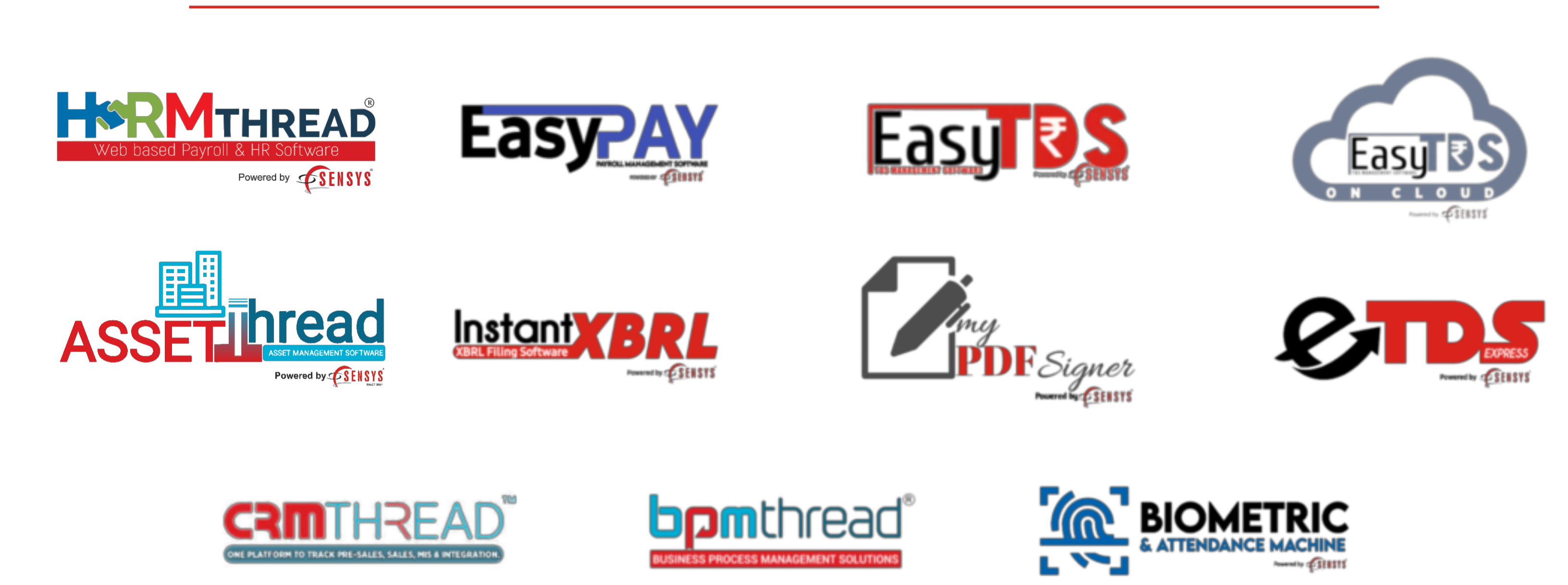The Karnataka Compulsory Gratuity Insurance Rules, 2024, issued by the Government of Karnataka, outline regulations regarding the payment of gratuity to eligible employees. Here’s a summary of the key provisions:
1. Title and Commencement
These rules are named the Karnataka Compulsory Gratuity Insurance Rules, 2024.
They come into force from the date of publication in the Official Gazette.
2. Definitions
Defines various terms such as “Act” (Payment of Gratuity Act, 1972), “employer,” “form, “nomination,” and “section.”
Refers to definitions in related acts like the Insurance Act, 1938, Life Insurance Corporation Act, 1956, etc.
3. Obtaining Insurance for Payment of Gratuity
New employers must obtain a valid insurance policy within 30 days from the rules’ applicability.
Existing employers must obtain insurance within 60 days from the commencement of the rules.
Employers must make timely premium payments and renew policies, informing the Controlling Authority promptly.
4. Recovery of the Amount of Gratuity
The Controlling Authority has the power to recover gratuity amounts from the insurance company in case of disputes or as determined by the employer.
5. Registration of the Establishment
Employers must register their establishments with the Controlling Authority within 30 days of obtaining insurance.
Details of insured employees must be submitted, and updates provided when there are changes.
6. Continuation of Approved Gratuity Fund
Employers with an existing approved gratuity fund or those employing 500 or more persons may opt to continue or adopt such arrangements by submitting an application.
7. Incorporation of Gratuity Trust
Employers with approved gratuity funds must register the Gratuity Trust with representatives and comply with relevant laws.
The trust can be managed privately, by the insurance company, or jointly.
The trust must adhere to certain standards and procedures for claiming and releasing gratuity amounts.
8. Compliance with the Provisions of the Act
Employers must take measures to fulfill their obligations under the Payment of Gratuity Act, 1972.
The notification is signed by Suma. S, Under Secretary to Government, Labour Department, on behalf of the Governor of Karnataka, and is dated January 10, 2024.
Karnataka Compulsory Gratuity Insurance Rules 2024 DOWNLOAD
Courtesy by: PCS Consultancy
Software Solutions Available on:
TDS | PAYROLL | WEB PAYROLL | WEB HRMS | XBRL | FIXED ASSET |INCOME TAX| SERVICE TAX | DIGITAL SIGNATURE | ATTENDANCE MACHINE & CCTV | DATA BACKUP SOFTWARE | PDF SIGNER
“Our Products & Services”
Sensys Technologies Pvt. Ltd.
HO: 904, 905 & 906, Corporate Annexe, Sonawala Road, Goregaon East, Mumbai- 400 063.
Call: +91 766 990 4748
Email: contact@sensysindia.com | Website: http://www.sensystechnologies.com
Branches: Delhi & NCR | Pune | Bangalore | Hyderabad | Ahmedabad | Chennai | Kolkata

